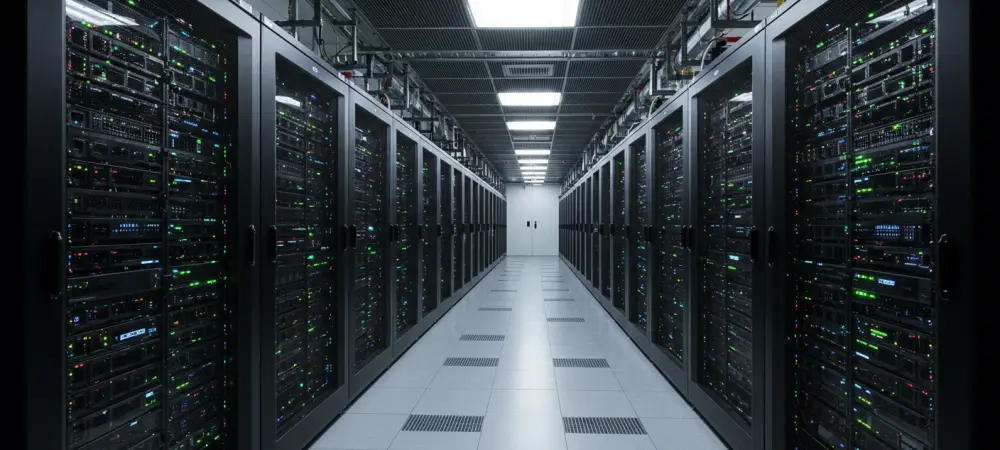In an era where data centers are the backbone of global digital infrastructure, managing the immense heat generated by high-performance computing equipment has become a pressing challenge for operators worldwide, especially as the rapid evolution of technology and the exponential growth of data processing needs intensify the demand for innovative cooling solutions. Amid this landscape, a significant development has emerged as Daikin Applied, a subsidiary of the renowned HVAC giant Daikin Industries, has finalized a deal to acquire DDC Solutions, a San Diego-based firm known for its cutting-edge rack-level cooling technologies. This strategic move is poised to redefine how data centers tackle thermal management, blending Daikin’s extensive expertise with DDC’s specialized innovations. As the deal closes this month, the industry watches closely to see how this partnership will address the escalating requirements of modern data infrastructure with efficiency and scalability at the forefront.
Strengthening Data Center Cooling Capabilities
The acquisition of DDC Solutions marks a pivotal step for Daikin Applied in expanding its footprint within the data center cooling sector. DDC, established over a decade ago, brings to the table a patented hybrid cooling system that seamlessly integrates air and liquid cooling directly at the rack level. Their flagship S-Series v4 cabinet technology is particularly noteworthy, boasting the capacity to support up to 100kW of air cooling while being liquid-to-chip ready for handling up to 600kW per rack. This capability is crucial for managing the thermal demands of current and next-generation chipsets, which are pushing the boundaries of computing power. By incorporating such advanced solutions into its portfolio, Daikin aims to offer a more robust and tailored set of options for data center operators grappling with high-density environments. Yu Nishiwaki, Chief Operating Officer at Daikin Applied, underscored the importance of this integration, noting that it positions the company to meet the accelerating performance needs of data centers globally with unmatched precision and adaptability.
Navigating Future Challenges in Thermal Management
Reflecting on the broader implications of this acquisition, it becomes evident that the collaboration between Daikin and DDC Solutions addresses a critical industry shift toward hybrid and high-density cooling strategies. Data centers worldwide have faced mounting pressure to maintain resilience and flexibility in their infrastructure as hardware continues to evolve at a rapid pace. Daikin’s established expertise in air-cooled, water-cooled, and hybrid HVAC systems for commercial and industrial applications finds a complementary match in DDC’s in-room and rack-level innovations. This synergy not only enhances the suite of solutions available to clients but also sets a precedent for proactive adaptation to future technological demands. Notable partnerships with high-profile data center operators have already validated DDC’s technology in demanding environments, and with the backing of Daikin’s global resources, the potential for scaling these solutions is significantly amplified. This strategic alignment promises to deliver enduring value, ensuring that data center cooling keeps pace with the relentless march of digital progress.

